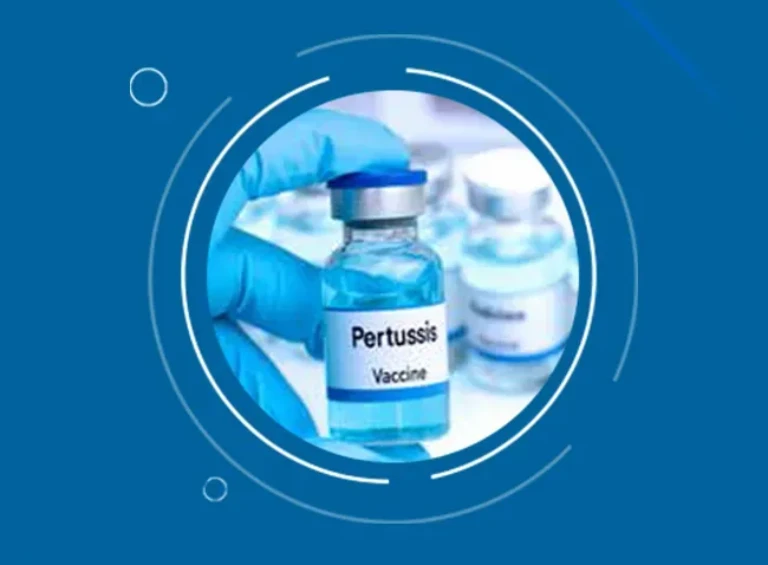Pertussis in India: Past, present, and future

India's effective infant immunization programme has prevented pertussis from being seen as a significant public health threat, until recently. The majority of pertussis infections worldwide still originate in India, and rising information about the disease in newborns and other nations has rekindled interest in pertussis among Indian officials. The Global Pertussis Initiative (GPI) annual meeting was held virtually in October 2020, to gain better insight into the epidemiology and disease burden of pertussis and to look for ways to improve its prevention in India.
Read more to gain a better understanding of the outcomes of this meeting.
Abstract
While vaccines have markedly reduced the incidence of pertussis, a resurgence has occurred in many countries. Until recently, pertussis has not been recognized as an important public health challenge in India due to its successful infant immunization program. However, India still accounts for a large proportion of the world's cases, and increasing reports of pertussis in other countries and in neonates have regenerated interest in pertussis among Indian authorities. The Global Pertussis Initiative (GPI) Annual Meeting was held virtually in October 2020, in part, to gain a better understanding of the epidemiology and disease burden of pertussis and to explore opportunities to improve its prevention in India. There was a consensus that pertussis cases are being underestimated in India due to multiple factors, such as a reliance on passive surveillance and diagnostic challenges. India offers both whole-cell pertussis and acellular pertussis vaccines, but vaccine coverage is inconsistent across regions due to differences in vaccine availability, access to health care, and regional administrative challenges. This report summarizes the outcomes and considers the key clinical implications of this meeting. The GPI agreed that active surveillance of pertussis in India would be optimal and recommended several studies, including serosurveillance among women of reproductive age to assess the prevalence of recent pertussis infection and to enable policy changes that will enhance the rational use of acellular and whole-cell vaccines. It also recommended engagement with nongovernmental organizations in order to encourage pregnancy immunization in the public sector. To achieve effective control of pertussis in the future, the GPI recognizes there are opportunities to characterize the burden of pertussis in India appropriately and increase vaccination coverage in multiple age groups.
For more details on the article
- Chitkara AJ, Balasubramanian S, Choudhury J, et al. Pertussis in India: Past, Present, and Future. Indian J Pediatr. 2023 Apr;90(4):393-399. doi: 10.1007/s12098-022-04384-w. Epub 2022 Dec 16. PMID: 36522518.




